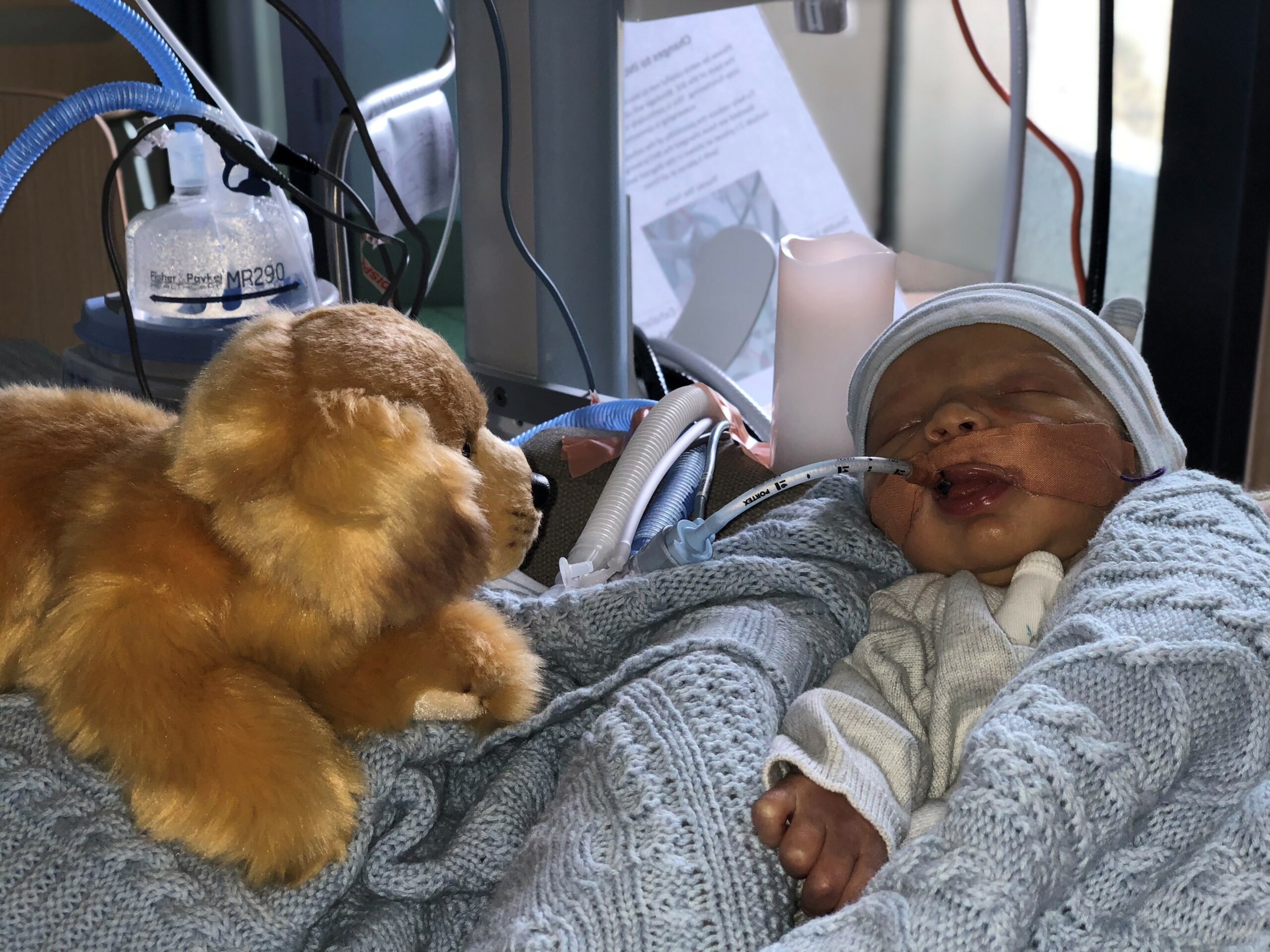It was October 23, 2018 and we were at the Royal Children’s hospital in Melbourne. Our son Alexander had been born the day before via a caesarean delivery because he was not moving. We had learnt at the ultrasound a few hours before the surgery, that the flow of oxygen to Alexander’s brain was not there. Alexander was silent when he was delivered, and I remember kissing him on the head and knowing that he was too ill to survive.
I remember very clearly what it was like to hold him in my arms and the utter devastation that this was our beautiful baby boy. The Doctors and nurses were kind and compassionate as they helped us navigate the process of trying to find out what had happened to Alexander.
We met with the neonatologist and the social worker, and they explained to us that they needed to do an MRI of his brain to try and understand what had happened to him. The MRI would tell us the level of brain injury Alexander had sustained, and whether he would be able to recover from it.
The news from the MRI was not good. Alexander had suffered hypoxic ischaemic encephalopathy and only the brain stem function remained, allowing his heart to keep beating. The MRI showed a series of brain insults over a period of days until the flow of oxygen stopped altogether. We understood what had happened to Alexander, but we did not know why. We also knew that we needed to switch off life support, as my husband and I wanted him to be at peace.
The decision of whether to go through with an autopsy was not easy. The neonatologist explained to us that we may not receive any new information and it could take up to 6 weeks to get the results. We were not advised of the costs involved and I don’t think we thought to ask. We had wanted to donate Alexander’s organs, but we were told this would not be possible. This made his death even more pointless, as we were unable to help another family.
In the end, I pushed for the results of the placenta analysis that was done by a pathologist at the Royal Women’s hospital. This took a few weeks but held the answers to what happened to Alexander. There was a major infarction (>30%) of the placenta around the marginal cord insertion. The marginal cord insertion was never seen on the 12- and 20-weeks ultrasounds. When the infarction occurred, the placenta clotted and then these blood clots broke off and travelled back along the umbilical cord and eventually blocked the blood flow to Alexander’s brain.
It was an extraordinary set of circumstances, but it happened to us. I would encourage other parents searching for answers to explore not just an autopsy but an analysis of the placenta. This may hold the answers to what happened to your dear baby. It doesn’t lessen the dreadful loss, but I think in time, there is some peace in knowing. Alexander, you will forever be in our heart’s beautiful boy.
Selina Sawyer is Mum to Alexander, and twins Inez and Chloe.
